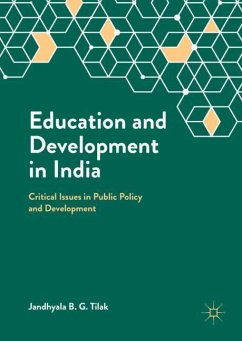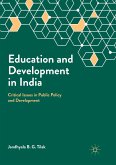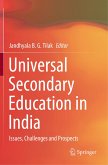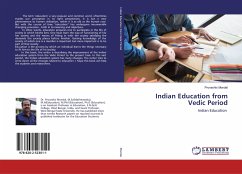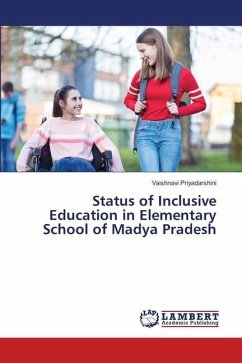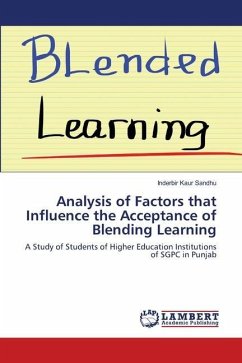Drawing on empirical, interdisciplinary research, this book presents a critical review of some of the major issues that are of interest to researchers, policymakers and planners in developing as well as advanced countries, including specifically in India. It provides an in-depth review of some of the major development policy issues in education in general, and in India in particular, over the past 2-3 decades.
Besides presenting an overview of the educational developments in India that reflects issues such as growth, equity, efficiency, foreign aid, decentralization, center-state relations, financing, and cost recovery, the book puts forward in-depth analyses of education poverty, interrelations between education and poverty, low level of outcomes in elementary education, effects of structural adjustment policies and approaches on education, south-south cooperation, etc. It also critically discusses changes in policies relating to financinghigher education, external assistance for education, and how the growth of private higher education is affecting society at large. The dichotomy between public policy and action is also highlighted in many chapters. On the whole, while the importance of education is being increasingly recognized, the state does not seem to be as willing to foot the bill for education as the households and even the private sector. Occasionally contrasting with international evidence on, for example, financing higher education, private higher education, or the effects of neo-liberal policies, the book offers an interesting read for a wider audience.
Besides presenting an overview of the educational developments in India that reflects issues such as growth, equity, efficiency, foreign aid, decentralization, center-state relations, financing, and cost recovery, the book puts forward in-depth analyses of education poverty, interrelations between education and poverty, low level of outcomes in elementary education, effects of structural adjustment policies and approaches on education, south-south cooperation, etc. It also critically discusses changes in policies relating to financinghigher education, external assistance for education, and how the growth of private higher education is affecting society at large. The dichotomy between public policy and action is also highlighted in many chapters. On the whole, while the importance of education is being increasingly recognized, the state does not seem to be as willing to foot the bill for education as the households and even the private sector. Occasionally contrasting with international evidence on, for example, financing higher education, private higher education, or the effects of neo-liberal policies, the book offers an interesting read for a wider audience.
